
The Grateful Bread
By doing something often enough and repeatedly, even if it is just for ten minutes a day, it's amazing how it becomes a part of you...

Gratitude is the most important element of personal prayer. – In Forest Fields
Making a hamburger in a Kosher eating establishment is relatively simple:
First you place the wrapper label down on the counter. Then, on top of the 10 X 10 inch paper, you put down the bun. The bottom part remains there as the grill man preps your burger. The top half is for the condiments.
First comes the mayonnaise. Take a small spatula and smear a thin layer across the bread. Then, take a spoonful of ketchup, and “plop” it on the middle of the bun. Make sure to brush the bottom of the spoon lightly on the top of the ketchup so it will distribute nicely without getting mayo on the utensil. Then it’s time for pickles. Place four pickles on each corner of the bun to make sure pickles will cover the entire surface of the  burger. Afterwards, spread three cut slices of onion on top of the pickles. Put two tomato slices on top where the edge of each slice will align with both edges of the bun. Finally, add a piece of lettuce. Once the grill man delivers the meat, apply the mustard on top of the burger itself. Combine the top and bottom parts together, wrap it all up, and it is ready to be served to the customer.
burger. Afterwards, spread three cut slices of onion on top of the pickles. Put two tomato slices on top where the edge of each slice will align with both edges of the bun. Finally, add a piece of lettuce. Once the grill man delivers the meat, apply the mustard on top of the burger itself. Combine the top and bottom parts together, wrap it all up, and it is ready to be served to the customer.
These are the instructions my manager gave me over 20 years ago.
I could say I have a fantastic memory, but my wife would disagree. Last Tuesday I forgot to take out the garbage, and Wednesday I forgot to wash the dishes. For some reason, when I told my wife that she had nothing to worry about because I will remember everything two decades from now, she didn’t look reassured.
The irony is that when I worked in food service, my job was on the cash register. I only packaged burgers only when Mike was on his coffee break!
When you do something every day, even if it is just for ten minutes, it’s amazing how it becomes a part of you.
One of the clearest paths to happiness is through ongoing gratitude. According to Rabbi Lazer Brody’s The Trail to Tranquility, there is a basic definition for anger. Anger is when your expectations in life exceed the realizations of those desires. Anger is what happens when our awareness is directed towards those things in life we don’t have. Anger leads to sadness, depression, and despair. The Gemara goes so far as to equate anger with idolatry.
How do we resist this dark emotion? What can we do to focus on what we have in life and derive constant satisfaction from it?
Expressing gratitude 10 minutes a day is the key to meeting this challenge.
We learn from In Forest Fields that our conversation with Hashem can cover any topic. During our private conversation with Hashem, we can confess our sins. We can talk about where we wish to improve ourselves. We can ask Hashem for blessings on behalf of our friends, family, and fellow Jews. We can request His help in all of the things we need to do for the day.
One of the best ways to start our conversation with Hashem is to thank Him for everything He has already given us. This has the power to affect our whole day for the better! Why worry so much about income when we thank Hashem for feeding us every day? Why stress over death when we know Hashem has blown into our nostrils the breath of life over 10 million times by our 16th birthday? Why stress over the security of Israel while we are praising Hashem for maintaining our national existence in the face of over 2 billion people who hope we would all just disappear?
As we devote 10 minutes of our daily conversation with Hashem to expressing all that He gives us, our lives begin to transform in some extraordinary ways.
Our realizations rise, making it much harder to harp on how our expectations are not being met. Taking anger out of the equation enables us to confront the real issue: What are we doing wrong, or failing to do right that Hashem hasn’t given us what we want? Is what we are asking for right now in the best interests of our self-improvement and life’s task? Should we start asking for something else or redouble our efforts?
As we recall everything Hashem gives us, we are in the process, reminding ourselves. We are taking detailed examples of the blessings G-d gives us every day, every moment even, and burning it deeper into our consciousness. This information stays at the forefront of our minds all the time.
Whenever we are confronted with those instances where it appears that Hashem is hiding from us, we can instinctively recall the blessings He gave us today and remember the truth. When that inner voice “advises” us that something is not worth trying because we just weren’t meant to succeed, we can tell it to buzz off – Hashem is actively involved. When that horrible whisper comes upon us that maybe no one is watching over us, and that the tribulations we endure are random and we are powerless to do anything about it we can counter that whisper with a yell – HASHEM LOVES ME! Just look at all He has personally done for me in the past hour!
We can combat sadness at every moment. We can feel happiness and serenity all of the time. There never has to be a limit to how high we can feel, or how long we can be excited about life. Rebbe Nachman of Breslev reminds us that simcha is not a choice, a distant hope, or even a burden – it’s a mitzvah! It’s a connection to the Infinite – something that Hashem wants us to feel all the time! IT’S A MITZVAH TO BE HAPPY!
All the more reason to be grateful.
* * *
Dovber Halevi lives with his wife and two children in Eretz Yisrael.


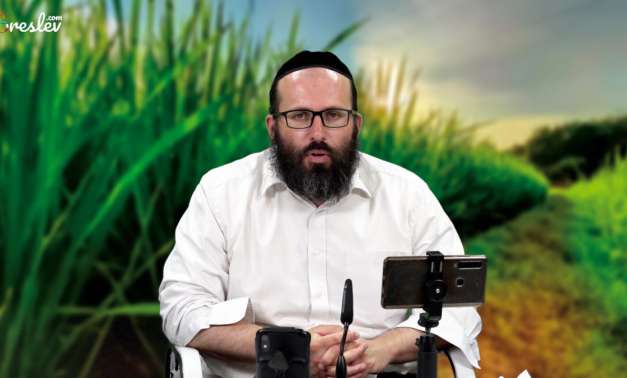
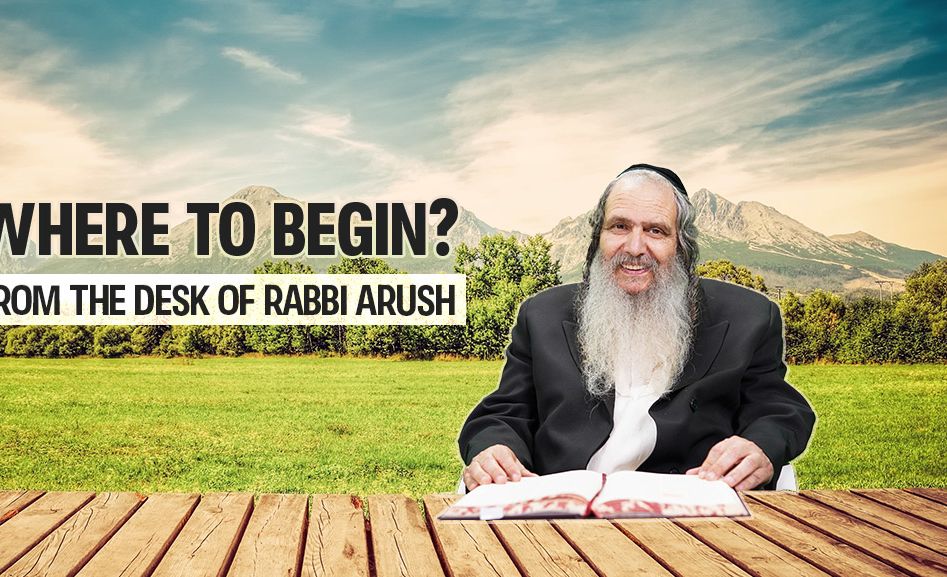
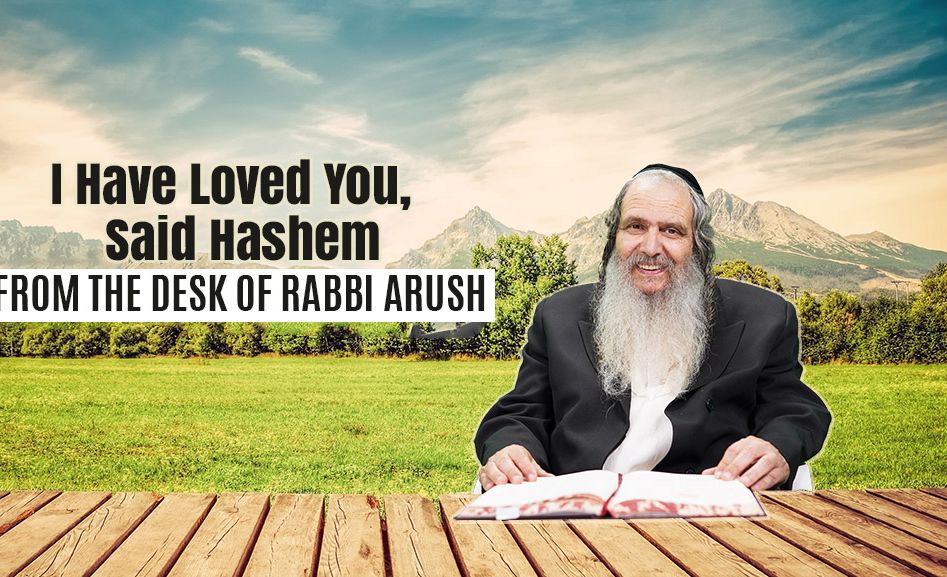
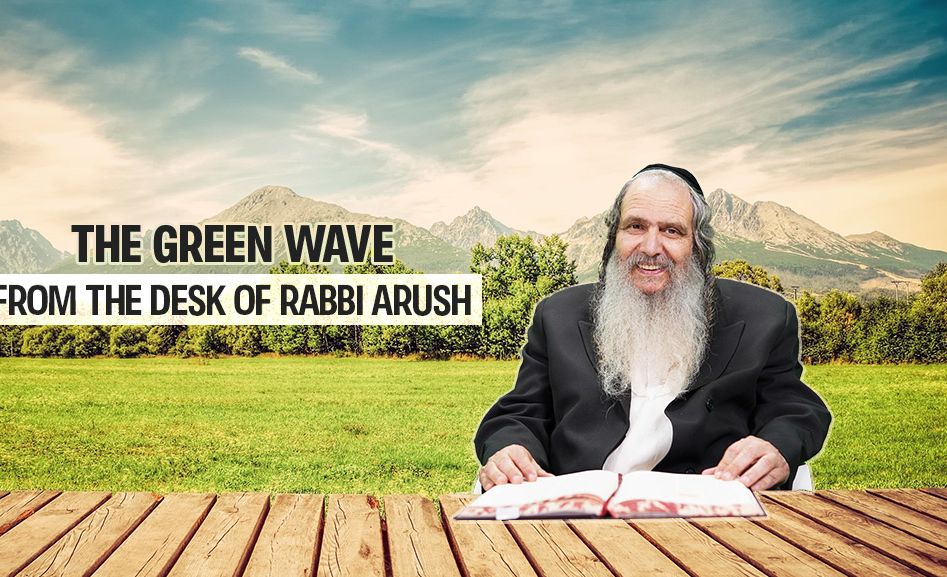




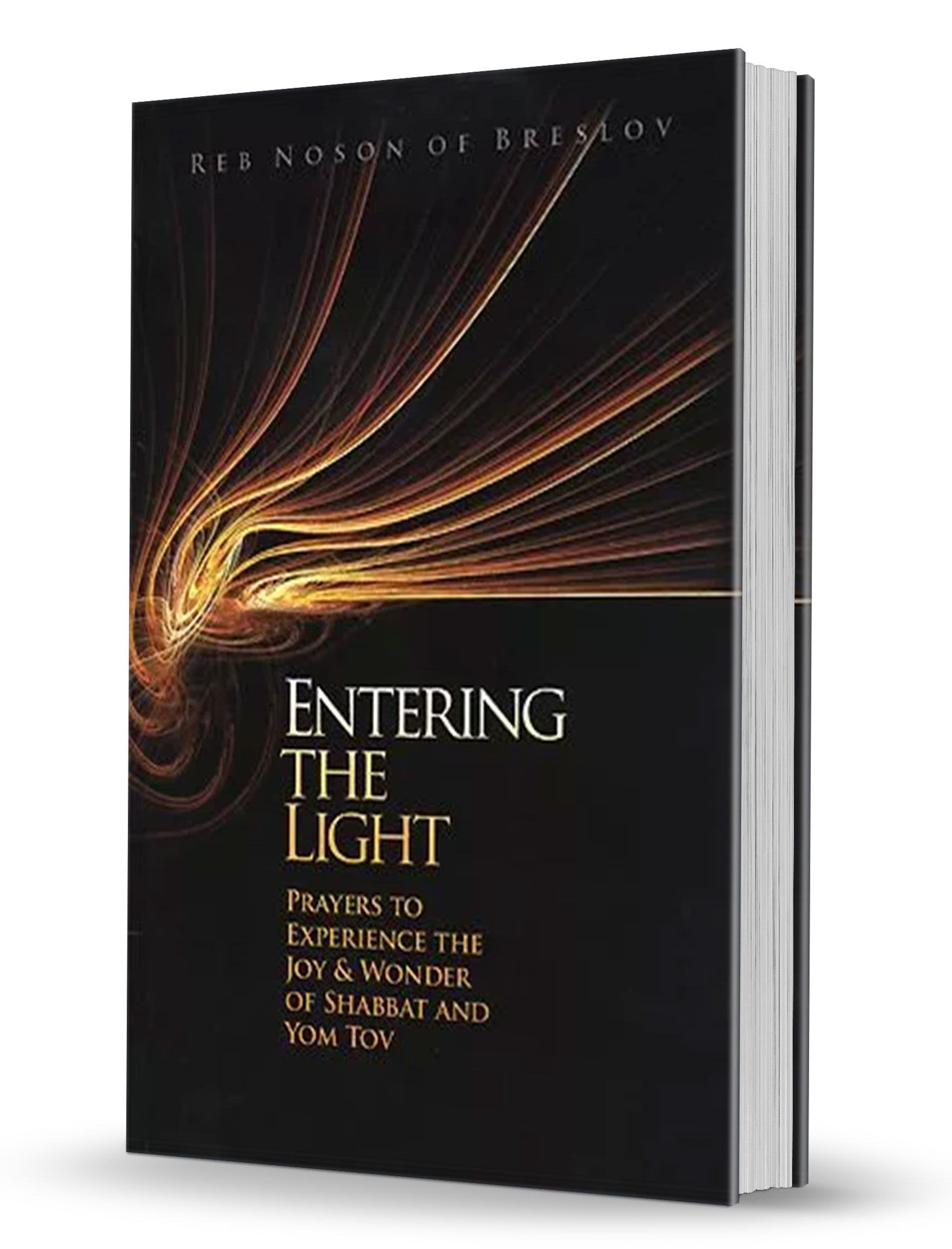
Tell us what you think!
Thank you for your comment!
It will be published after approval by the Editor.